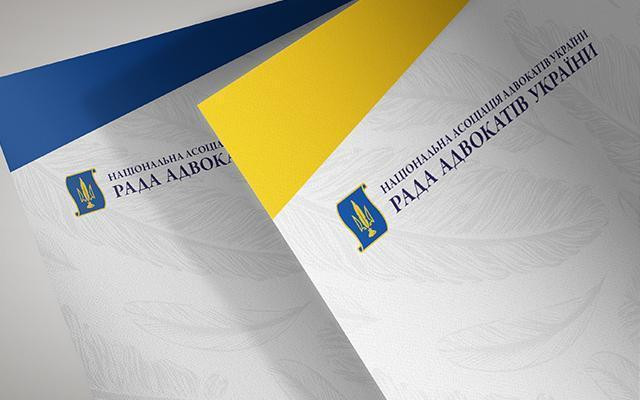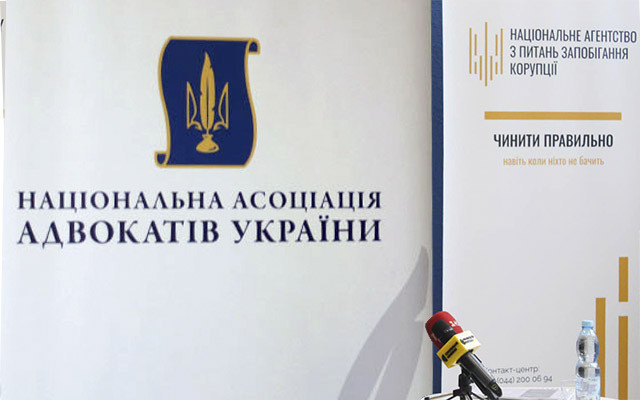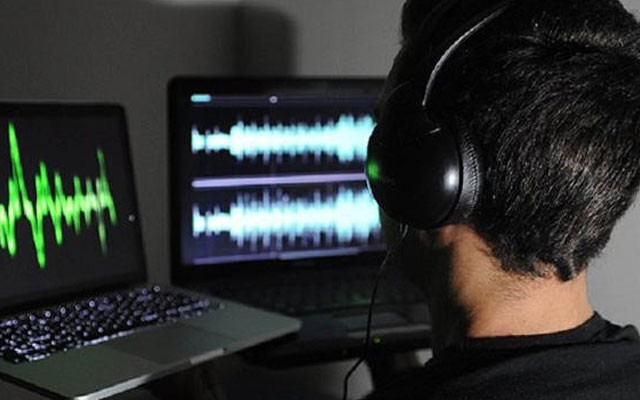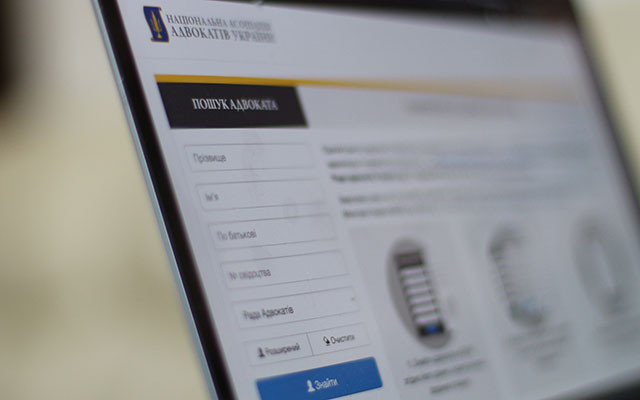The Administrative Court of Appeal upheld the BCU Resolution No. 203 on the Payment of Disciplinary Complaints to Advocates

The Sixth Administrative Court of Appeal upheld the decision of the Bar Council of Ukraine No. 203 dated September 23, 2017, which introduced a compulsory payment for filing disciplinary complaints. In particular, this decision of the BCU has established and approved a fee for the organizational and technical support for considering complaints about the behavior of an advocate, which may be the basis for disciplinary liability, complaints about the decisions of the disciplinary chambers of the qualification and disciplinary bar commissions, as well as complaints on actions or inactivity of qualification and disciplinary bar commissions, in the amount of one living wage for able-bodied persons.
The court ruling was passed on April 8, 2019 in the Viacheslav Pleskach's suit to the UNBA. The appeal was left without satisfaction, and the decision of the District Administrative Court of Kyiv of January 29, 2019 - unchanged. The resolution is valid from the date of its adoption and can be appealed by submitting a cassation appeal directly to the Supreme Court in the manner and in the timeframe specified in Art. 329-331 APC of Ukraine.
The court ruled that the decision of the first instance contains a substantiated conclusion that the law "On the Bar and Advocacy" provides for the right to introduce and formulate certain fees (contributions) for the maintenance of the bodies of the bar self-government for their proper and self-sufficient existence, subject to the legality of the sources the origin of such contributions, which refutes the arguments of the appellant in this part.
The decision of the BCU also determines the right to reimbursement of expenses incurred for the organizational and technical provision of consideration of a complaint in the event of bringing an advocate to disciplinary responsibility at the expense of an advocate in respect of which a corresponding decision has been made; in turn, if HQDBC complies with the complaint of the advocate to the decision of the QDBC, the advocate has the right to reimburse the incurred expenses for the organizational and technical provision of consideration and preparation of the complaint at the expense of the applicant (the complainant) who applied with the application (complaint) to the QDBC.
"Thus, as correctly pointed out by the court of first instance, the contested decision actually introduced the payment for the consideration of applications (complaints) and provides for the right of the complainant to reimburse the costs incurred for organizational and technical support for the consideration of his application (complaint), in the case of bringing the advocate to a disciplinary liability at the expense of an advocate in respect of which a corresponding decision has been made, which in turn guarantees the return of the amount paid to the complainant for filing a complaint, provided that it was substantiated and set forth in it have found their confirmation", - says the ruling of the court.
At the same time, paragraph 2 of the disputed decision provides that the fees specified in paragraph 1 of this decision are exempted: (a) the applicants (complainants) who have the appropriate privileges for exemption from payment of court fees and defined by the Law of Ukraine "On Court Fee"; (b) bar self-government bodies, their working bodies (committees, centers, commissions, etc.); (c) the courts that make appeals (complaints) concerning the conduct of an advocate, which may be the basis for disciplinary liability within the framework of the powers granted to them by the procedural laws of Ukraine, (d) persons in detention, restraint, places of temporary detention or in custody if the application (complaint) is filed through the institution in which the complainant is located.
The panel of judges also notes that the claimant has not provided any evidence of the existence of a real direct negative impact on his rights, freedoms or interests, and that he has the right to apply to the court for their protection.
Popular news

Legislation
UNBA initiatives to implement the Roadmap were supported by international experts
International experts who participated in the inaugural meeting of the Working Group on the implementation of the Roadmap on the rule of law in advocacy and agreed to join it expressed their support for the initiative of the Ukrainian National Bar Association.

Legislation
How will the group responsible for implementing the Roadmap for advocacy operate?
The working group on the implementation of the Roadmap on the rule of law in the area of advocacy will operate at several levels: plenary meetings as a platform for adopting framework decisions, a coordination bureau for compiling documents and calendar control, and thematic subgroups for preparing norms and their justification. International experts will verify the results against European standards and «red lines».

Legislation
Advocacy is a responsible entity, not a critic of reform — V. Gvozdiy
The Roadmap on the Rule of Law is not a basis for restructuring the model of advocacy, but a framework for verifying and improving the already European-oriented system. At the same time, part of the work has already been done, so further progress should be made in the form of coordinated and practical decisions.

Self-government
BCU: NACP initiatives regarding advocacy are unconstitutional interference
The Bar Council of Ukraine has condemned the initiatives to reform the advocacy proposed by the National Agency for Corruption Prevention as direct, gross, and systematic interference by the executive branch in the activities of an independent constitutional institution.

Self-government
UNBA program for implementation of the Roadmap on the rule of law published
In order to ensure the implementation of measures set out in the Roadmap on the Rule of Law, the Bar Council of Ukraine approved a program for its implementation in relation to the reform of advocacy.

Professional Conduct
The results of the CISA cannot be used in disciplinary proceedings against advocates – BCU
Materials obtained through covert investigative (search) activities involving interference in private communications cannot be transferred or used in disciplinary proceedings against advocates. This is because the Code of Criminal Procedure does not allow investigators or prosecutors to use such materials outside of criminal proceedings.

URAU
Access to advocate contacts in URAU has been restored
The Bar Council of Ukraine has opened up public access to data from the Unified Register of Advocates of Ukraine, which was closed at the start of the full-scale invasion in 2022. The decision was made at a meeting on December 12–13.
Self-government
Members of the QDCB are not required to submit declarations - BCU
Bar Council of Ukraine examined the legal status of members of bar self-government bodies and found that they are not required to submit declarations of persons authorized to perform functions of state or local self-government.
Publications

Censor.net Protecting advocates – protecting justice: addressing concerns about the new law

Ihor Kolesnykov A BRIEF SUMMARY REGARDING THE APPLICATION OF THE ORDER ON EXTENDED CONFISCATION IN LATVIA REGARDING FINANCIAL ASSETS OF…

Valentyn Gvozdiy WORKING IN A WAR ZONE

Lydia Izovitova Formula of perfection

Sergiy Vylkov Our judicial system is so built that courts do not trust advocates

Iryna Vasylyk Advocacy in the proclamation of Independence of Ukraine

Oleksandr DULSKY When we cross the border of the Supreme Anti-Corruption Court, we get into another department of the National Anti-Corruption…

Vadym Krasnyk The UNBA will work, and all obstacles and restrictions are only temporary inconveniences
